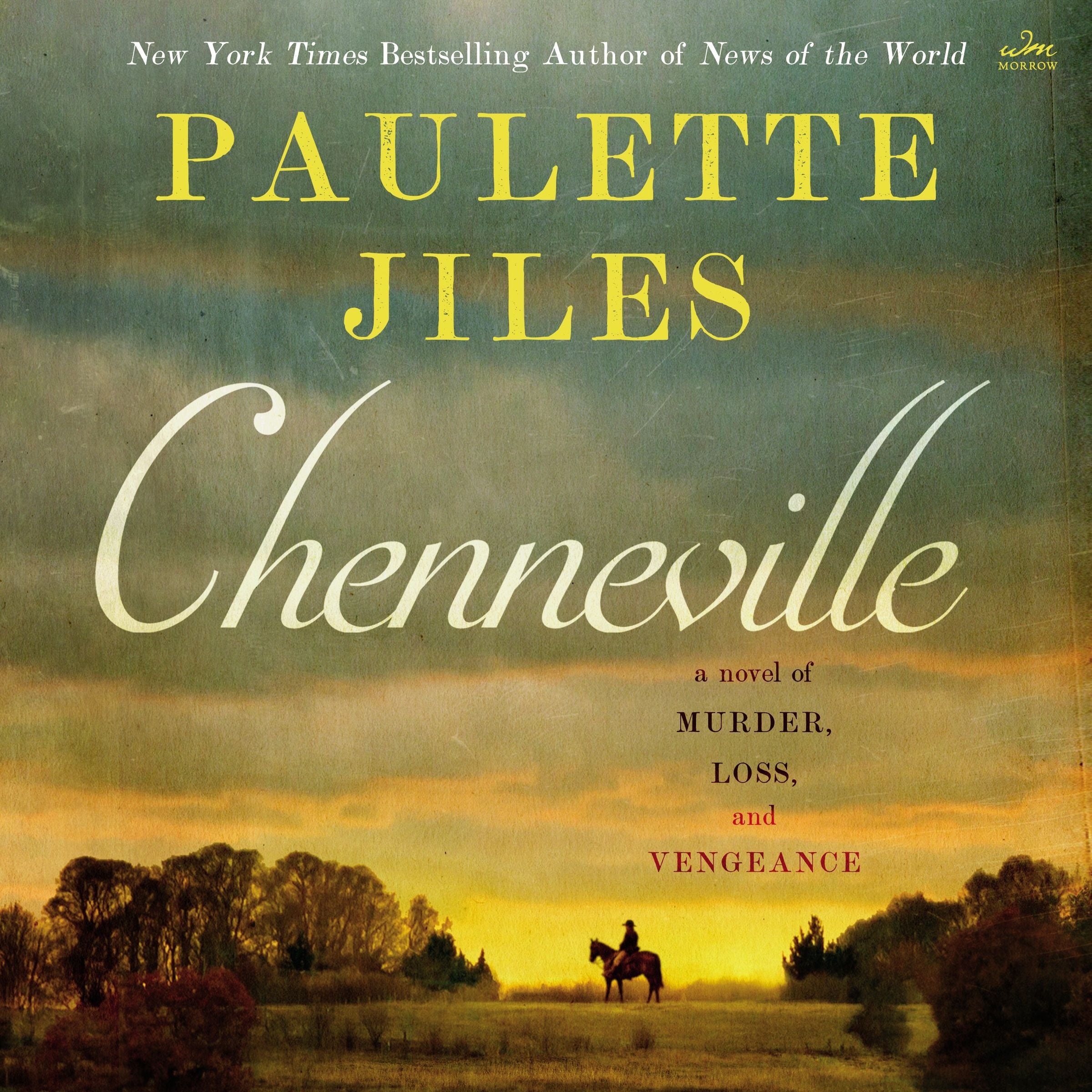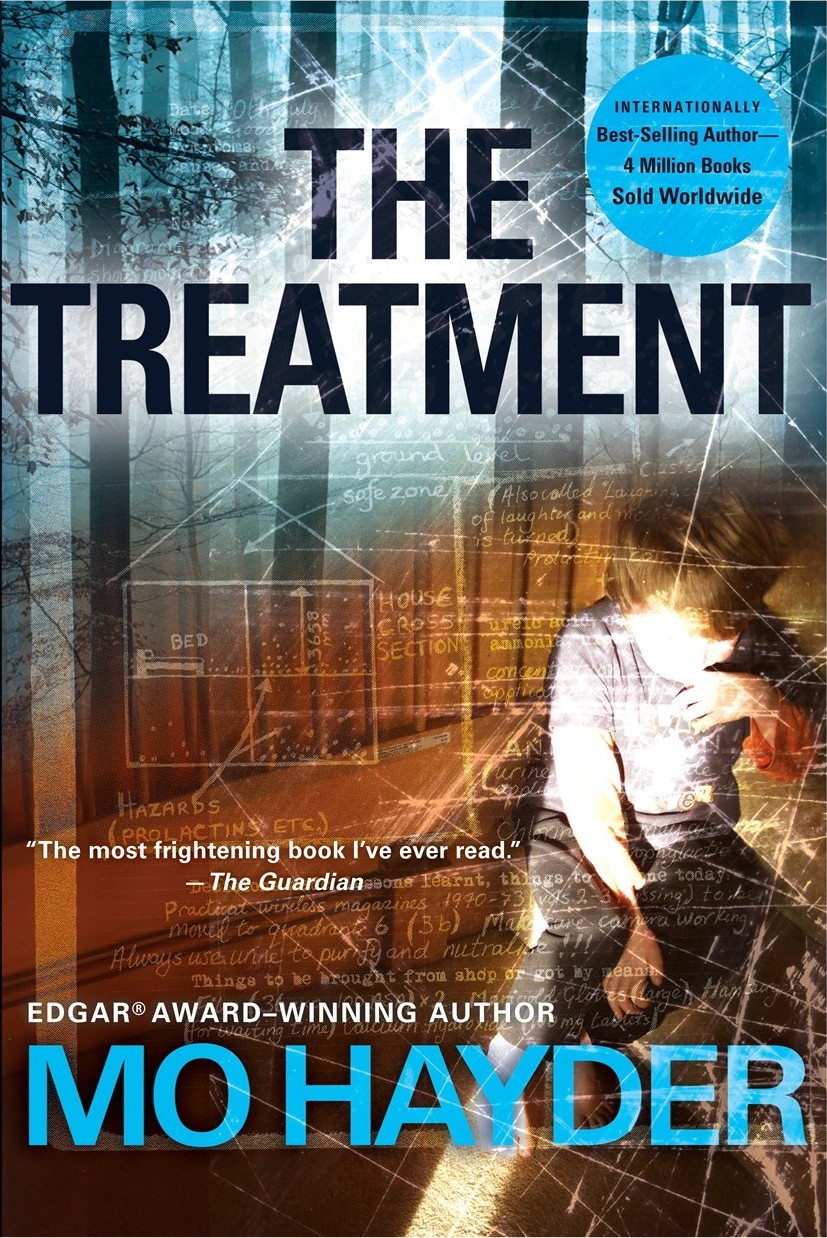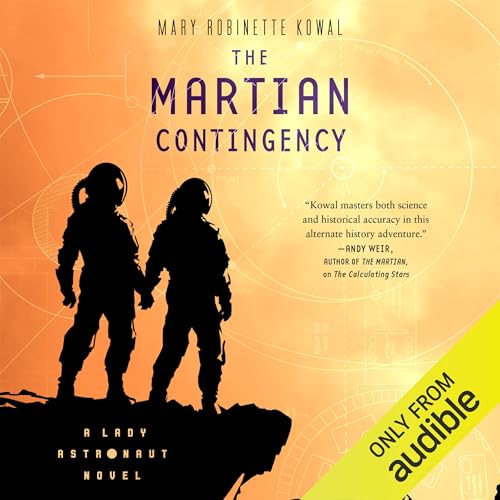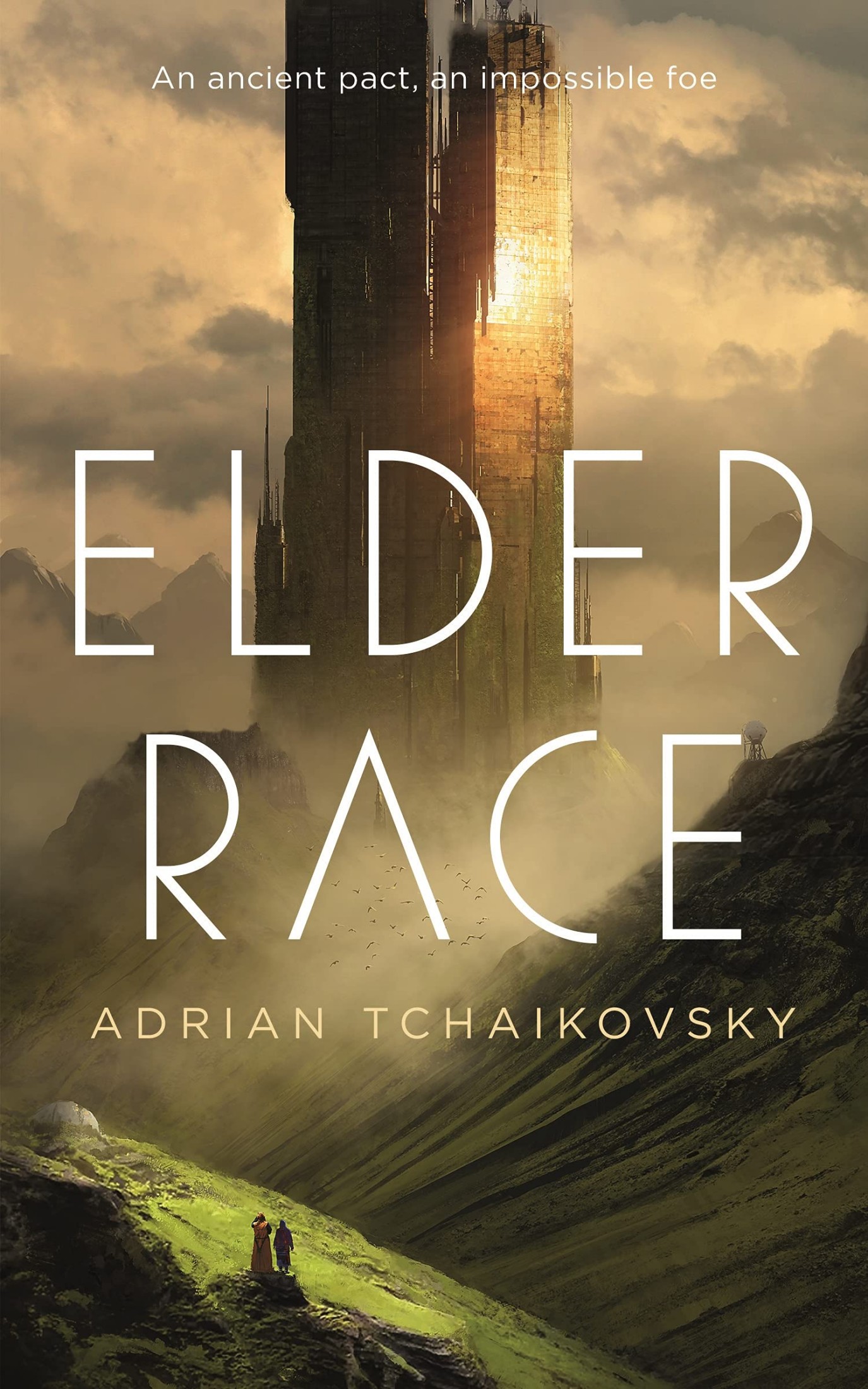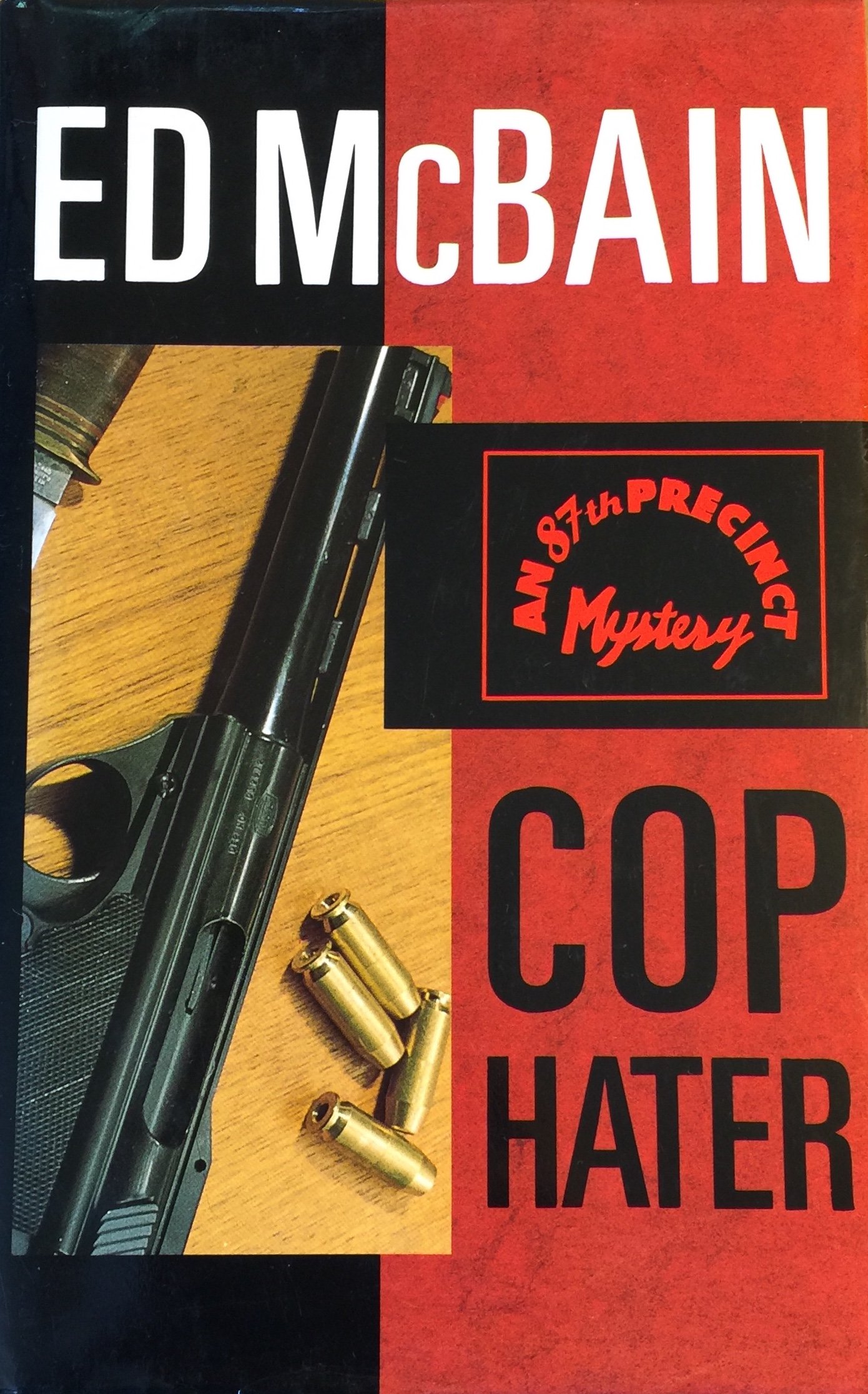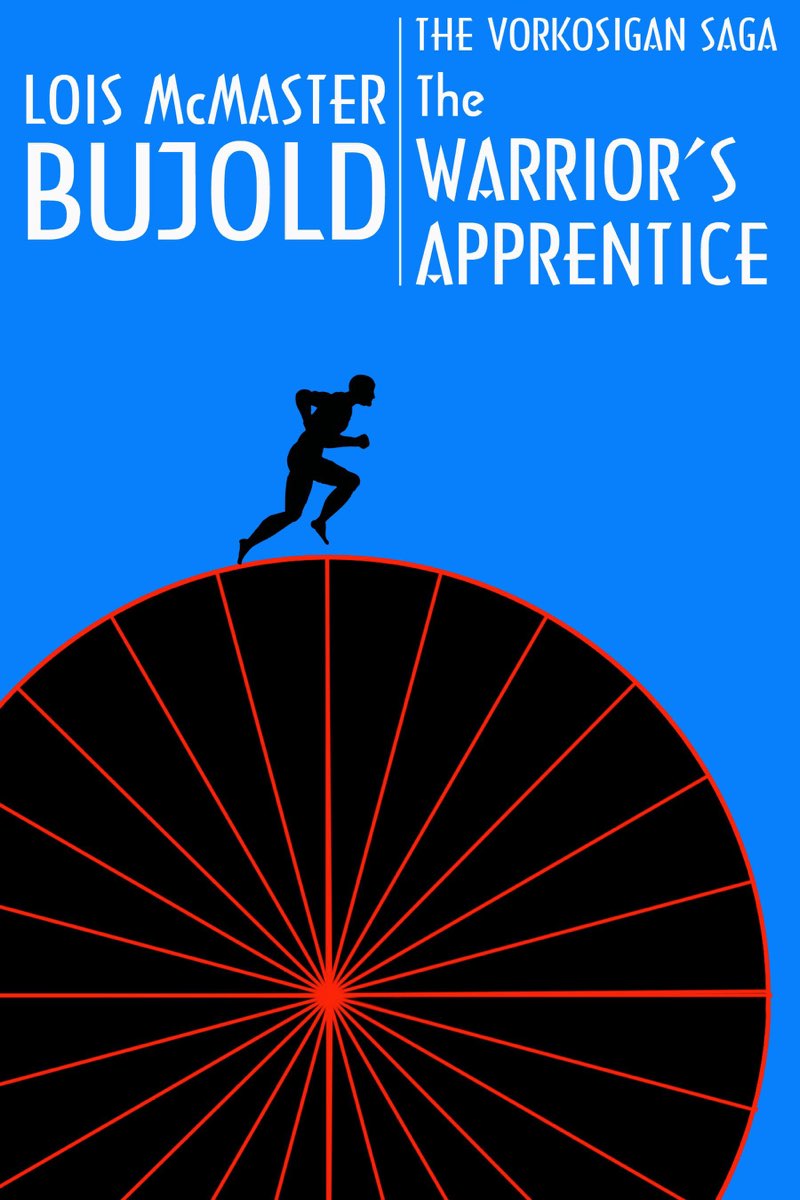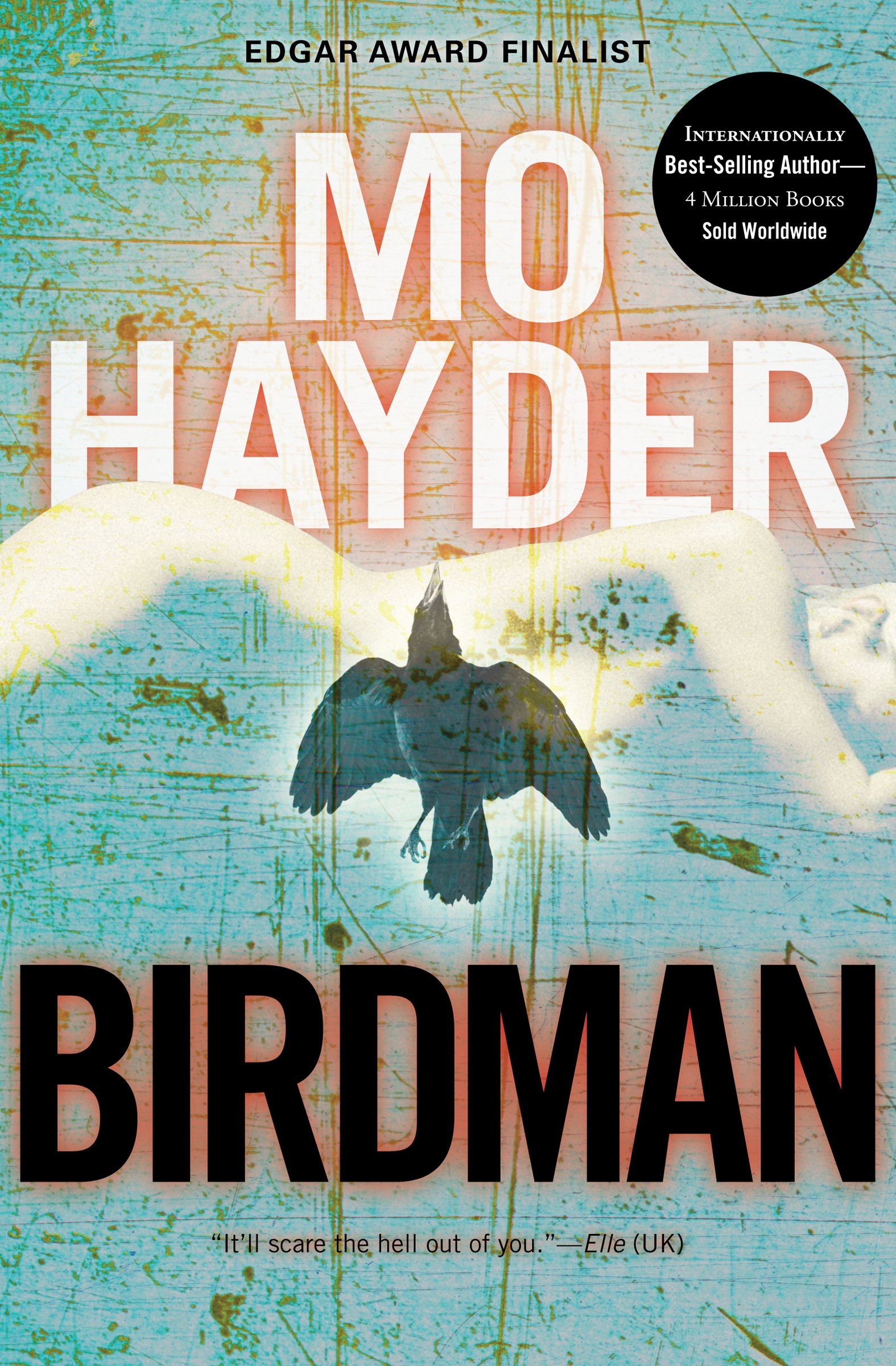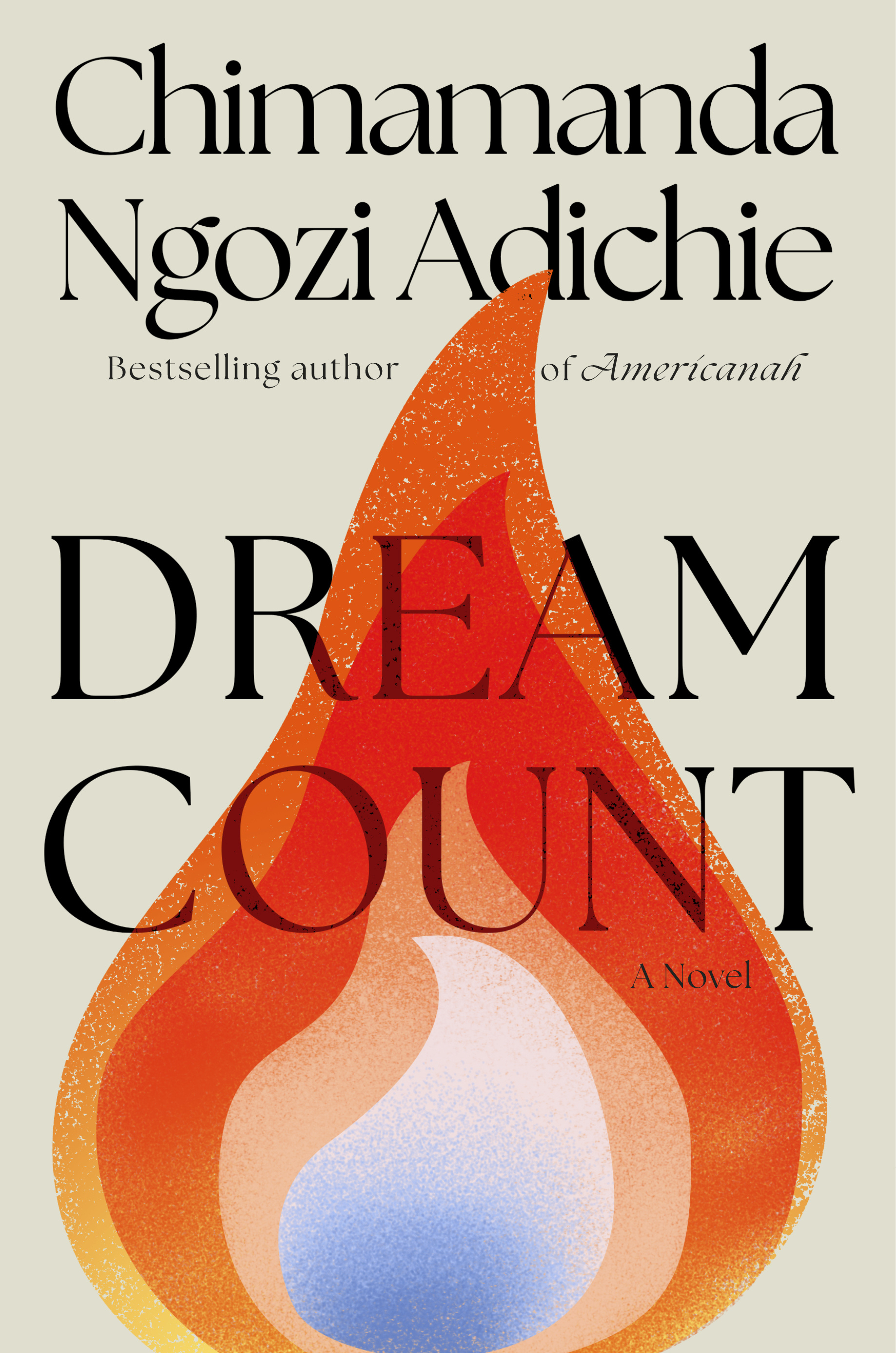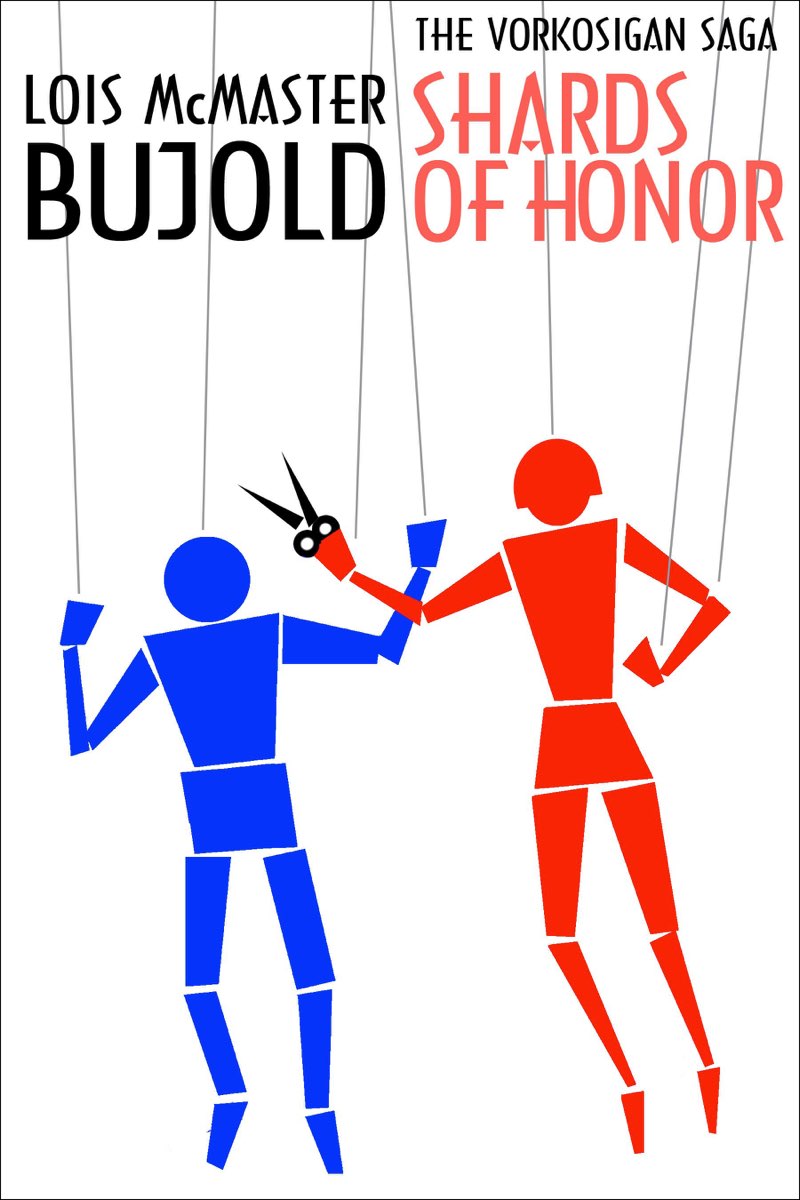Pretty sure this will be the last Jack Caffery I read. Damn well written, but waaaay too graphically twisted for me.
Reviews and Comments
aka @kingrat@sfba.social. I'm following a lot of bookwyrm accounts, since that seems to be the only way to get reviews from larger servers to this small server. I make a lot of Bookwyrm lists. I will like & boost a lot of reviews that come across my feed. I will follow most bookwyrm accounts back if they review & comment. Social reading should be social.
This link opens in a pop-up window
Phil in SF commented on The Treatment by Mo Hayder (Jack Caffery, #2)
Phil in SF reviewed "C" is for Corpse by Sue Grafton (Kinsey Millhone, #3)
Meh, it was ok.
3 stars
Shortly before I hit the road with 14 hours in the air (each way) to Lisbon, it occurred to me I would need more than one audiobook to cover the flights. By shortly, I mean about 5 minutes before I left for the airport. I vaguely remembered the Alphabet series. I wasn't expecting anything super great, but the story barely met that bar. I should have pulled something that I'd already put on my TBR.
Kinsey Millhone is a private investigator in Santa Teresa, California, modeled after Santa Barbara. Bobby Callahan hires her to investigate who tried to kill him months before in what appeared to be a car accident. Hitch is, Callahan has lost most of his memory in the crash. The crime is overly complicated, which is a thing that irritates me when it happens in crime fiction. But what really made me meh about this is that …
Shortly before I hit the road with 14 hours in the air (each way) to Lisbon, it occurred to me I would need more than one audiobook to cover the flights. By shortly, I mean about 5 minutes before I left for the airport. I vaguely remembered the Alphabet series. I wasn't expecting anything super great, but the story barely met that bar. I should have pulled something that I'd already put on my TBR.
Kinsey Millhone is a private investigator in Santa Teresa, California, modeled after Santa Barbara. Bobby Callahan hires her to investigate who tried to kill him months before in what appeared to be a car accident. Hitch is, Callahan has lost most of his memory in the crash. The crime is overly complicated, which is a thing that irritates me when it happens in crime fiction. But what really made me meh about this is that the relationship between Kinsey and Bobby is portrayed as deep and meaningful, but there's only about 4 meetings between the two before Callahan is actually knocked off. The characters and their relationships just feel so incredibly forced.
Phil in SF finished reading "C" is for Corpse by Sue Grafton (Kinsey Millhone, #3)
Phil in SF reviewed The Martian Contingency by Mary Robinette Kowal (Lady Astronaut, #4)
Elma York finally makes it to Mars
5 stars
The concluding book of the Lady Astronaut series starts off with Elma York finally getting to land on Mars. The 2nd Mars Expedition's mission is to establish a base on Mars for later Earth escapees. Only… of course stuff goes wrong, because space is hard. Prior to landing humans, Earth send a series of unstaffed rockets to Mars that dropped supplies. Only when Elma arrives at the drop site to pick up the supplies, which includes the atmosphere scrubber for the second dome, they find it has crash-landed and everything is a loss. The Martians can replace it by cannibalizing one of the engines of their ship, if everything works out all right. There's politics. Intrigue. Gee whiz exploration of Mars. Relationships & emotion. 60s & 70s style colonization tropes with 2020s sensibility & quality of writing. And if you get the audiobook, Kowal narrates the story herself and she …
The concluding book of the Lady Astronaut series starts off with Elma York finally getting to land on Mars. The 2nd Mars Expedition's mission is to establish a base on Mars for later Earth escapees. Only… of course stuff goes wrong, because space is hard. Prior to landing humans, Earth send a series of unstaffed rockets to Mars that dropped supplies. Only when Elma arrives at the drop site to pick up the supplies, which includes the atmosphere scrubber for the second dome, they find it has crash-landed and everything is a loss. The Martians can replace it by cannibalizing one of the engines of their ship, if everything works out all right. There's politics. Intrigue. Gee whiz exploration of Mars. Relationships & emotion. 60s & 70s style colonization tropes with 2020s sensibility & quality of writing. And if you get the audiobook, Kowal narrates the story herself and she is one of the best audiobook narrators ever. Easily 5 stars.
Phil in SF started reading The Martian Contingency by Mary Robinette Kowal (Lady Astronaut, #4)
Phil in SF started reading Elder Race by Adrian Tchaikovsky
Phil in SF reviewed Cop Hater by Ed McBain (87th Precinct, #1)
The pulpiest of police procedurals
3 stars
Three detectives are killed in quick succession in Isola, a fictionalized version of New York City. Fictionalized, according to the author, so he could take liberties with how the cops in New York City actually operate. Full of dames and men who appreciate the swell of a woman's chest and gangs that rumble, cops that harass suspects based on hunches, having a drink or two on the job and a general lack of respect for the Bill of Rights that predated the Warren court. The crime is solved through luck, accumulating evidence (I like this part) and a not very smart impatient criminal. There's a lot of copaganda in it, but the police are not portrayed as being particularly smart.
Phil in SF reviewed The Warrior's Apprentice by Lois McMaster Bujold (Vorkosigan Saga, #2)
How To Lead A Military Without Trying
3 stars
Miles Vorkosigan washes out military school and heads to another planetary system to spend time with his grandmother and her family. There he decides to bail out some down & outers using his name and a bit of family money and do some smuggling/inter system trade to recover the money. Things go poorly and the only way through each obstacle is bluffing, and at every step he succeeds but has to face every larger obstacles afterward.
As a sci-fi adventure plot, it's adequate. But Miles "I'm a nice guy using my position to try to get in the pants of the woman who reports to me" vibe really brought me down. At least the character who raped women in the previous book wasn't given a "I was just following orders and feel bad about" pass from the narrative. Which it seemed like it would. There's still some amount of "we …
Miles Vorkosigan washes out military school and heads to another planetary system to spend time with his grandmother and her family. There he decides to bail out some down & outers using his name and a bit of family money and do some smuggling/inter system trade to recover the money. Things go poorly and the only way through each obstacle is bluffing, and at every step he succeeds but has to face every larger obstacles afterward.
As a sci-fi adventure plot, it's adequate. But Miles "I'm a nice guy using my position to try to get in the pants of the woman who reports to me" vibe really brought me down. At least the character who raped women in the previous book wasn't given a "I was just following orders and feel bad about" pass from the narrative. Which it seemed like it would. There's still some amount of "we still have to honor him for the good stuff he did" though.
Phil in SF reviewed Birdman by Mo Hayder (Jack Caffery, #1)
Enjoyable police procedural
4 stars
First in a series, where Jack Caffery is the new detective in the unit and gets a case where 4 bodies of prostitutes are found buried in a shallow grave. Suspicion falls on a few different folks. The author includes a few chapters from the perspective of the criminal in a fairly transparent try at misleading the reader. Once you get to the twist, you'll see it too. Enjoyable for me because the detective work is less movie plot magic wandism and more basic forensics. However, there's a fair amount of sensationalism. And as for the crime itself, many aspects of it seem unlikely and overly intricate to further the sensationalism and plot twists.
Phil in SF wants to read Cop Hater by Ed McBain (87th Precinct, #1)
Phil in SF started reading Dream Count by Chimamanda Ngozi Adichie
Phil in SF commented on The Women by Kristin Hannah
New list for books from the 2025 Libby Awards. As always, entries on the list on sfba.club have covers & descriptions. YMMV with versions of the list once it has been propagated to other server.
The Women won the category Book of the Year — Adult Fiction.
Phil in SF commented on Of Boys and Men by Richard V. Reeves
New addition to the list of books that appeared on the If Books Could Kill podcast. Podcast episode here.
Phil in SF reviewed Shards of Honor by Lois McMaster Bujold (Vorkosigan Saga, #1)
Enemies to lovers
3 stars
Cordelia Naismith's science team is ambushed by a Barrayaran military unit while conducting a survey of what they thought was an unclaimed world. In a double-cross, some in the unit mutiny and strand their leader Aral Vorkosigan on the planet as well. Vorkosigan, known as the butcher of Komarr for slaughtering innocent people there, has claims to wanting a bloodless capture. In order to survive, both of them must trek tens of kilometers to a claimed supply cache and learn to trust each other.
Thus begins a number of encounters between Cordelia and Aral, interspersed with a few scenes of Cordelia on her own. Nobody believes her that she thinks Aral is different. And will Aral be forced by his war-like society to live up to the stereotypes with respect to Cordelia?
I'm not going to explicitly spoil this, but this follows romance rules in a very romance inspired book. …
Cordelia Naismith's science team is ambushed by a Barrayaran military unit while conducting a survey of what they thought was an unclaimed world. In a double-cross, some in the unit mutiny and strand their leader Aral Vorkosigan on the planet as well. Vorkosigan, known as the butcher of Komarr for slaughtering innocent people there, has claims to wanting a bloodless capture. In order to survive, both of them must trek tens of kilometers to a claimed supply cache and learn to trust each other.
Thus begins a number of encounters between Cordelia and Aral, interspersed with a few scenes of Cordelia on her own. Nobody believes her that she thinks Aral is different. And will Aral be forced by his war-like society to live up to the stereotypes with respect to Cordelia?
I'm not going to explicitly spoil this, but this follows romance rules in a very romance inspired book. Don't read this for the unexpected plot twists. Read this for the solid characterization and some clever plotting for how Cordelia turns her relationship with Aral into an advantage for her world, the Beta Colony.

